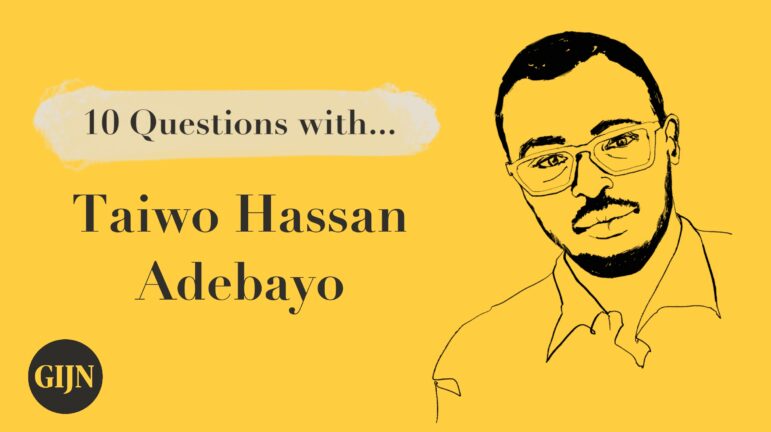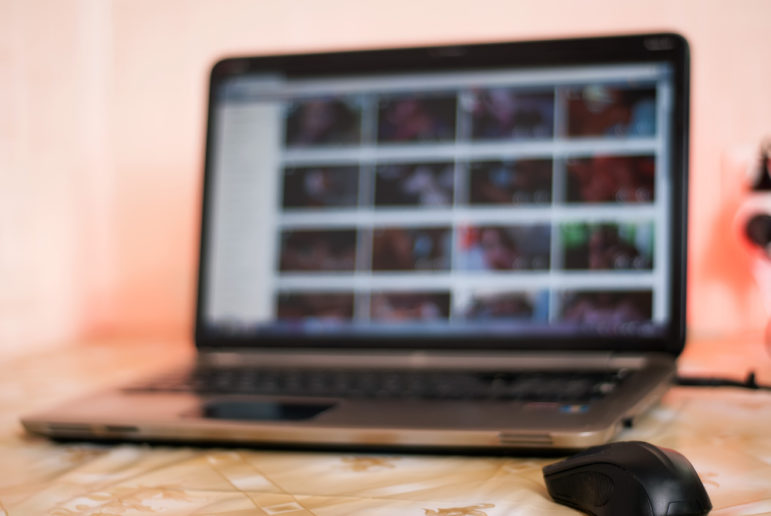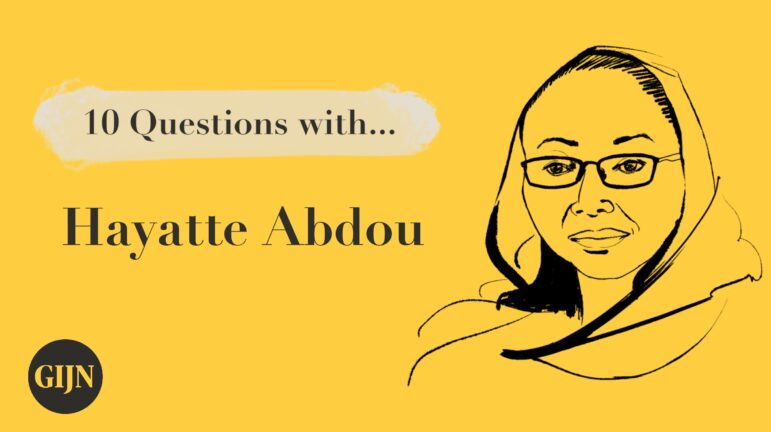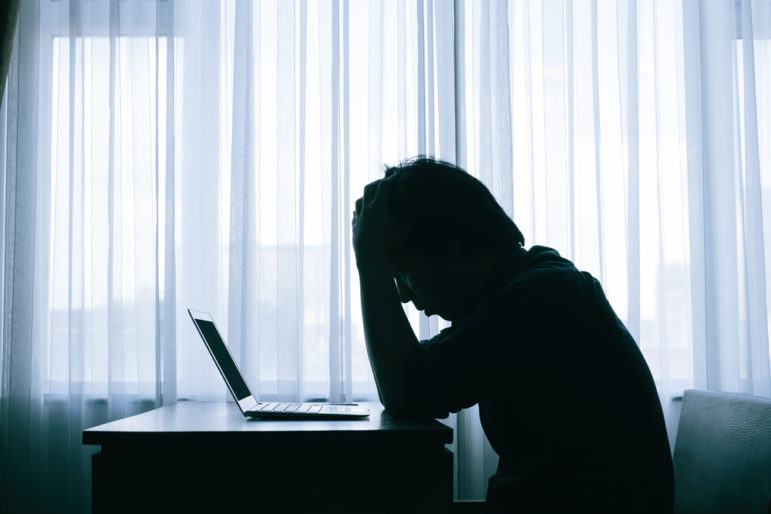
News & Analysis
Tips for Handling the Mental Load of International Watchdog Reporting
Most reporters still rely on individual coping strategies, leaving them to face systemic challenges alone, says writer and researcher Belle de Jong.

Most reporters still rely on individual coping strategies, leaving them to face systemic challenges alone, says writer and researcher Belle de Jong.

Hassan Adebayo has built a storied career at the Premium Times, leading investigations into terrorism and violent extremism, corruption, and financial crime.

Practicing good mental hygiene is a continuous process for investigators that requires active input at all times. Bellingcat offers these small steps to minimize and mitigate your exposure to distressing content, to possibly save you from burnout or worse.

As part of GIJN’s ongoing interview series, we speak to Hayatte Abdou, one of the few investigative reporters in the small isanld nation of the Comoros.

Kenyan journalist John-Allan Namu discussed the emotional toll and significant impact on work-life balance that investigative reporting can have during a webinar hosted by the Reuters Institute.
At GIJC21, experts from the Dart Center for Journalism and Trauma offered advice for journalists on how to take care of their own mental well-being while working in stressful or even dangerous circumstances.